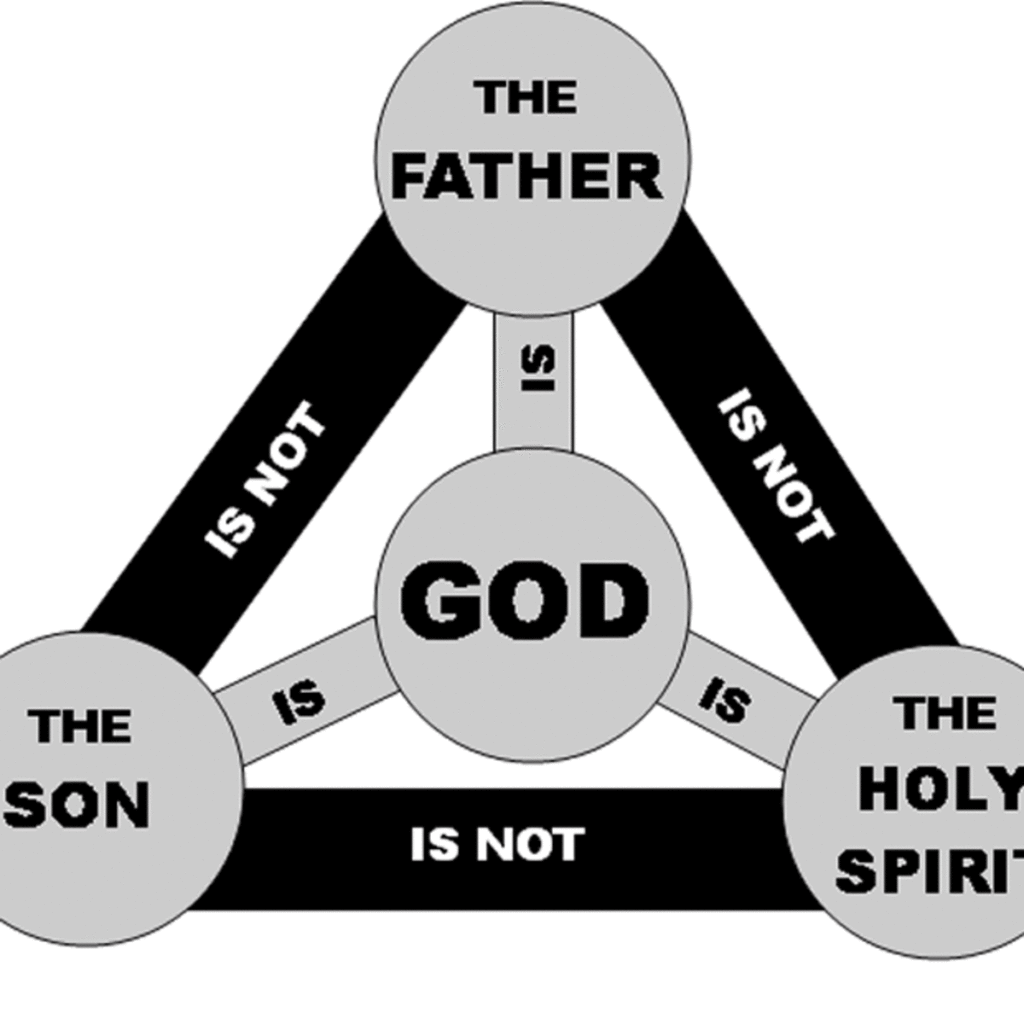The False Trinity: Father, Son, and Holy KJV

It’s important to note that the characterisation of cessationists replacing the Trinity with the “Father, the Son, and the Holy KJV” is a metaphorical and critical perspective rather than a factual representation of cessationist beliefs. Cessationists generally hold the view that certain spiritual gifts, particularly those mentioned in the New Testament, have ceased or are not as prominent today as they were in the early church.
However, to address this metaphor, let’s explore the concept of replacing the Trinity with the “Father, the Son, and the Holy KJV” in a critical manner:
The Trinity: Father, Son, and Holy Spirit
The biblical understanding of the Trinity is rooted in the Father, the Son (Jesus Christ), and the Holy Spirit. This theological concept emphasises the coexistence and unity of these three persons in one Godhead.
The Replacement: Father, Son, and the Holy KJV
In a metaphorical sense, cessationists, by placing a strong emphasis on the King James Version (KJV) of the Bible, unintentionally prioritise a specific translation over the direct work of the Holy Spirit. This metaphorical “Holy KJV” is an attempt to limit the contemporary role of the Holy Spirit, particularly in the manifestation of spiritual gifts as described in the New Testament.
The Role of the Holy Spirit in Cessationist Theology
Cessationists generally argue that certain charismatic gifts, such as prophecy and speaking in tongues, have ceased or are not as prevalent today as they were in the early church. The emphasis on the Holy KJV, in this metaphorical context, symbolises a reliance on the written Word of God (the Bible) as the primary means of revelation, downplaying the direct guidance and manifestation of the Holy Spirit.
Potential Critique
Critics of cessationism argue that placing too much emphasis on a specific translation, like the KJV, inadvertently limits the dynamic and ongoing work of the Holy Spirit in believers’ lives. It is essential to recognise the balance between the written Word of God and the active, guiding presence of the Holy Spirit, avoiding an unintentional shift of focus. It is noted that an active word given by the Holy Spirit will contradict the written word of God in the Holy Scriptures.
Conclusion
While the metaphorical notion of replacing the Trinity with the “Father, the Son, and the Holy KJV” is not a literal representation of cessationist beliefs, it serves as a critique to highlight potential concerns about an overemphasis on a particular translation and its impact on the understanding of the Holy Spirit’s ongoing work in the lives of believers. It’s crucial for believers to approach these discussions with humility, recognising that various theological perspectives exist within the broader Christian community.
